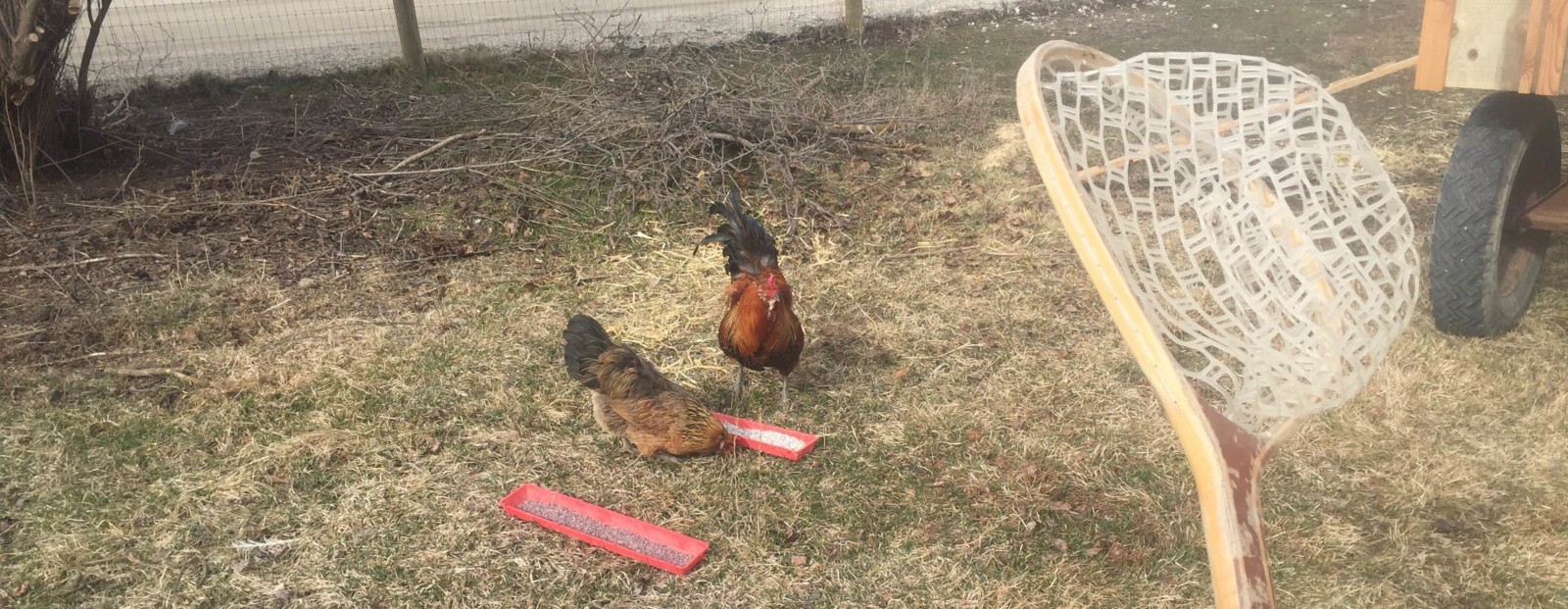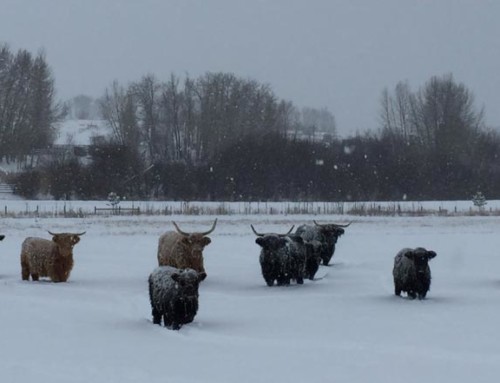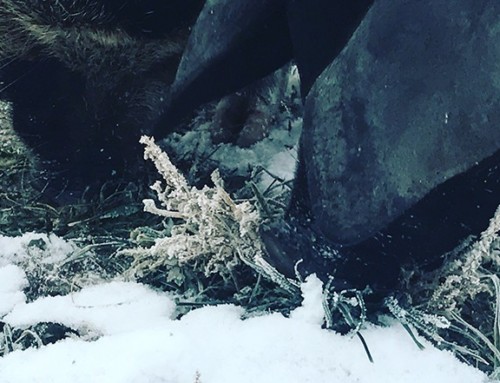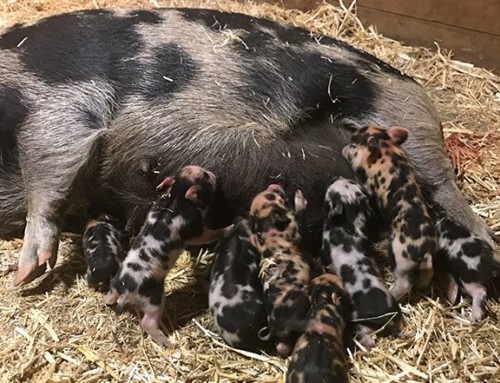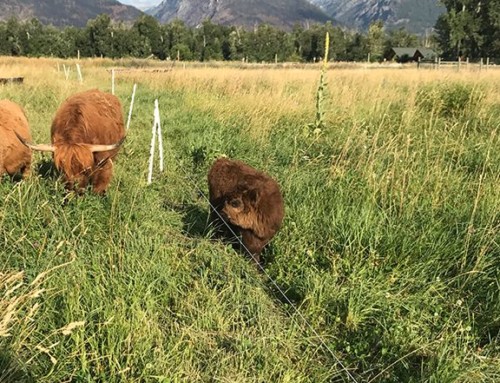Last week I caught a chicken in a net. Grant caught five, but still, I’m happy that I was able to catch one. The barn chicks are old enough now that we put them into their own mobile coop and sent them out to pasture this morning. In an effort to help them acclimate to the new situation and environment we wanted to introduce some of the “veteran” hens to the flock over the weekend to show these younger birds the ropes of being free-range layers.
Much of my interest in the animal aspects of the farm has been colored by my desire to be a good steward. I see a steward as someone who is in control of an environment–food, water, and shelter–and uses that control to care for someone or something else. But as I spend more time with the animals I have started to wonder if my label of steward is incorrect. Specifically, I have realized that by thinking of myself as a steward I have taken on a skewed sense of control that affects my relationship with the animals in particular and the farm in general. The idea that a steward is the only one in control belies the fact that we are actually in a relationship, a partnership, of exchange with all the animals and natural systems we interact with on a daily basis. Stewardship, then, no longer seems like the right term.
As a graduate student, and later as a professor, much of my research focus had to do with the nature of citizenship. Citizenship, as compared to stewardship, is the relationship between rights and responsibilities within a community. Or, to put it another way, citizenship is a way of describing what a situation or group expects from me and what I can expect from that situation or group in return. In a way, citizenship is a tradeoff, but one that necessitates understanding, and accepting, the terms and conditions for participation.
For example, when I left my job at the college, one of my biggest frustrations was the disconnection that had developed between my work life and what I had to do to support that life. I had become increasingly distant from what I ate and where I was living. Everything I did was in a rush, crammed in between going to and from work and I paid a premium in the form of extra time, money, and energy to sustain the pace of my life. Why was I moving so fast? I felt that my participation in that system of work, and what was expected of me, was being dictated exclusively from outside. I came to see that I was operating in a system of expectation in which I no longer accepted the terms and conditions for participation.
I have been drawn to farming, and permaculture specifically, because I see it offering the opportunity to try and mimic natural processes and integrate systems of production and consumption. In other words, I see it as a way to perform a “hard reset” on the citizenship tradeoffs in my life. But I also don’t want to be just a passive caretaker. Now I am working to see every situation as one of citizens interacting–giving and taking–and working towards the shared goal of life on the farm. I want to see every interaction as an opportunity to learn about the animals, about the environment, and about myself. This tradeoff–labor and sweat in exchange for knowledge and awareness–is one I am ready to accept.

